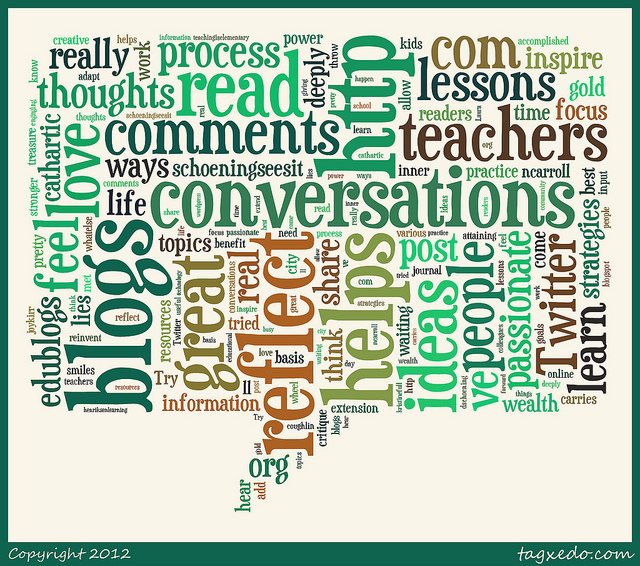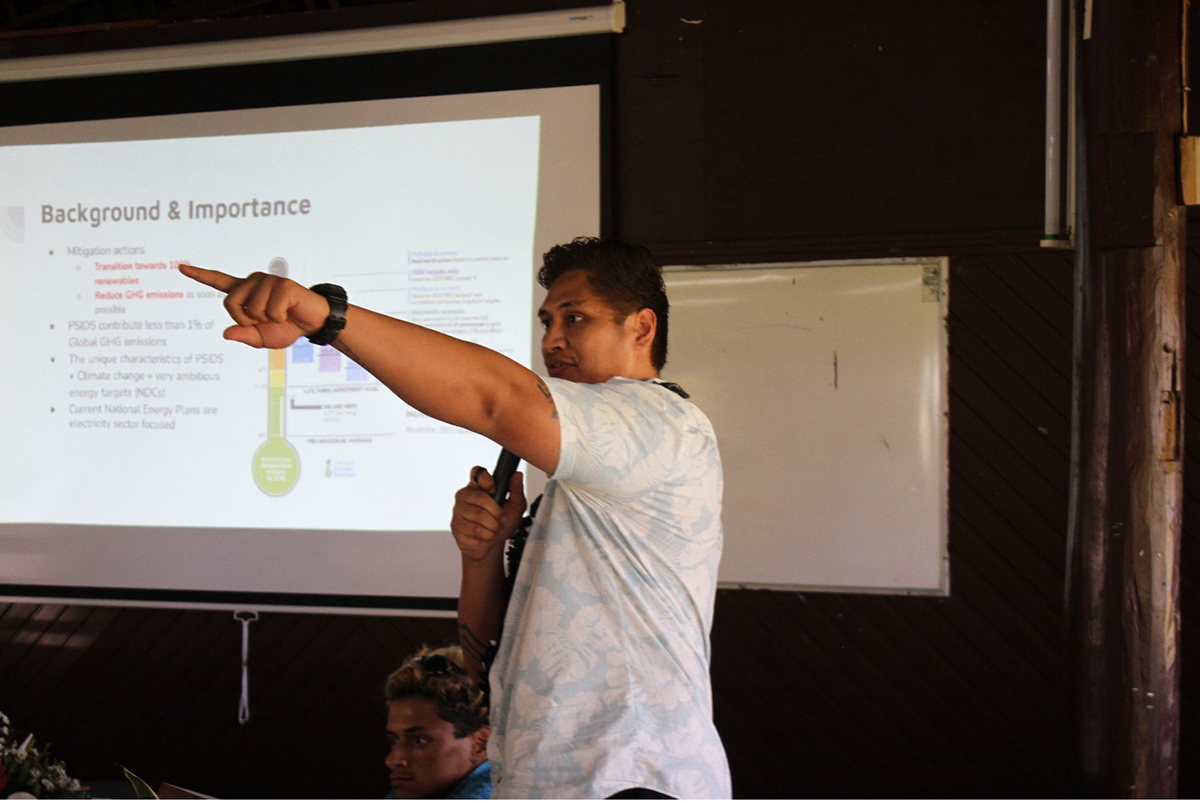"Quality education depends on workable policies"
April 14 Education is vital to the development of third world countries, writes Musa Temidayo, 23, a Commonwealth Correspondent from Nigeria, who offers solutions to some of the problems facing Nigeria’s education system.
Education is vital to the development of third world countries, writes Musa Temidayo, 23, a Commonwealth Correspondent from Nigeria, who offers solutions to some of the problems facing Nigeria’s education system.
The Longman Dictionary of contemporary English defines education as “the process by which your mind develops through learning at school, college or university; the knowledge and skills you gain from being taught.”
Education is vital to the development of third world countries. Most of the first world countries are technologically advanced, and they owe their breakthrough and successes in the field of science and technology to robust and functional educational systems. Their automobile and electrical products find markets in Nigeria and other African countries. They earn much revenue by exporting their products and goods to other countries, which boosts their economies. Their thriving economies are driven by the implementation of practical and sensible economic policies.
Here in Nigeria, a graduate with B.sc in Mechanical engineering can’t repair a car, not to talk of manufacturing simple tools. Most students and university undergraduates are being taught using theories with little or no practical session carried out where necessary. So, what are the problems of Nigeria’s education system?
First, government’s budgetary allocation to education is nothing to write home about. Due to scantiness of funds, lecturers can’t access funds to carry out research. Educational problems can’t be addressed when there is little money for running the sector. Some state-owned universities are quite neglected and grossly under-funded. These institutions are better described as “advance secondary schools”. Most of their libraries are not well-stocked with the most recent books in diverse fields of study. Some secondary schools that I have seen in Osun state do not even have provision for libraries. Some of these schools operate in areas that are not educationally friendly. These are issues that obstruct the transmission of knowledge from teachers to students. Acquisition of knowledge by students can’t take place in schools where there is a dearth of facilities.
Examination malpractice is rampant in many schools in the country, especially during SSCE, NECO and UTME examinations. At times, some parents even offer school principals monetary inducement to help their children/wards during these exams. Surrogate and mercenary students are smuggled into examination halls to write examinations for the students. If government can curb the menace of examination malpractice during internal and external examinations, then those who are not qualified to gain admission into universities will be barred.
In addition, the method of recruitment should be transparent and fair. In some states of the federation, the methods of recruiting teachers into secondary school are not stringent, transparent, and fair. People who boast of their relationship with political leaders are offered teaching jobs at the expense of better qualified ones. The factors of cronyism, nepotism, and bribery and corruption can determine those who will land teaching jobs.
Furthermore, there’s been a proliferation of private schools across the country in recent times. While this in itself is not bad, it is sad that some of these schools are not fit to be called schools. Their owners run them solely as money-making ventures without caring about the quality of education the students receive. I believe if a federal task force is being set up to regulate and check the activities of private academic institutions in the country, they will be put to work effectively rather than milking students of their money.
Finally, the federal government should prioritize education in the country, and should take the step with utmost care. The government should embark on practicable and workable educational policies that will pitch the nation’s educational institutions in the front seat when compared with international ones.
photo credit: mrsdkrebs via photopin cc
…………………………………………………………………………………………………………………
About me: I am from Nigeria, currently studying International Relations at Obafemi Awolowo University Ile-Ife Osun state. I’m also the Deputy Editor-in- Chief for the department. I love travelling and singing, and have interest in Management and Developmental Issues.
Aside from studying, I work with I-Koncept-as a Director of Logistics, and also as the Chairman of my department’s magazine. I want to be a Manager-Human Resource & Conflict Management, and also hope to serve in the Nigerian foreign service.
…………………………………………………………………………………………………………………
Opinions expressed in this article are those of the author and do not necessarily represent the views of the Commonwealth Youth Programme. Articles are published in a spirit of dialogue, respect and understanding. If you disagree, why not submit a response.
To learn more about becoming a Commonwealth Correspondent please visit: http://www.yourcommonwealth.org/submit-articles/commonwealthcorrespondents/
…………………………………………………………………………………………………………………




